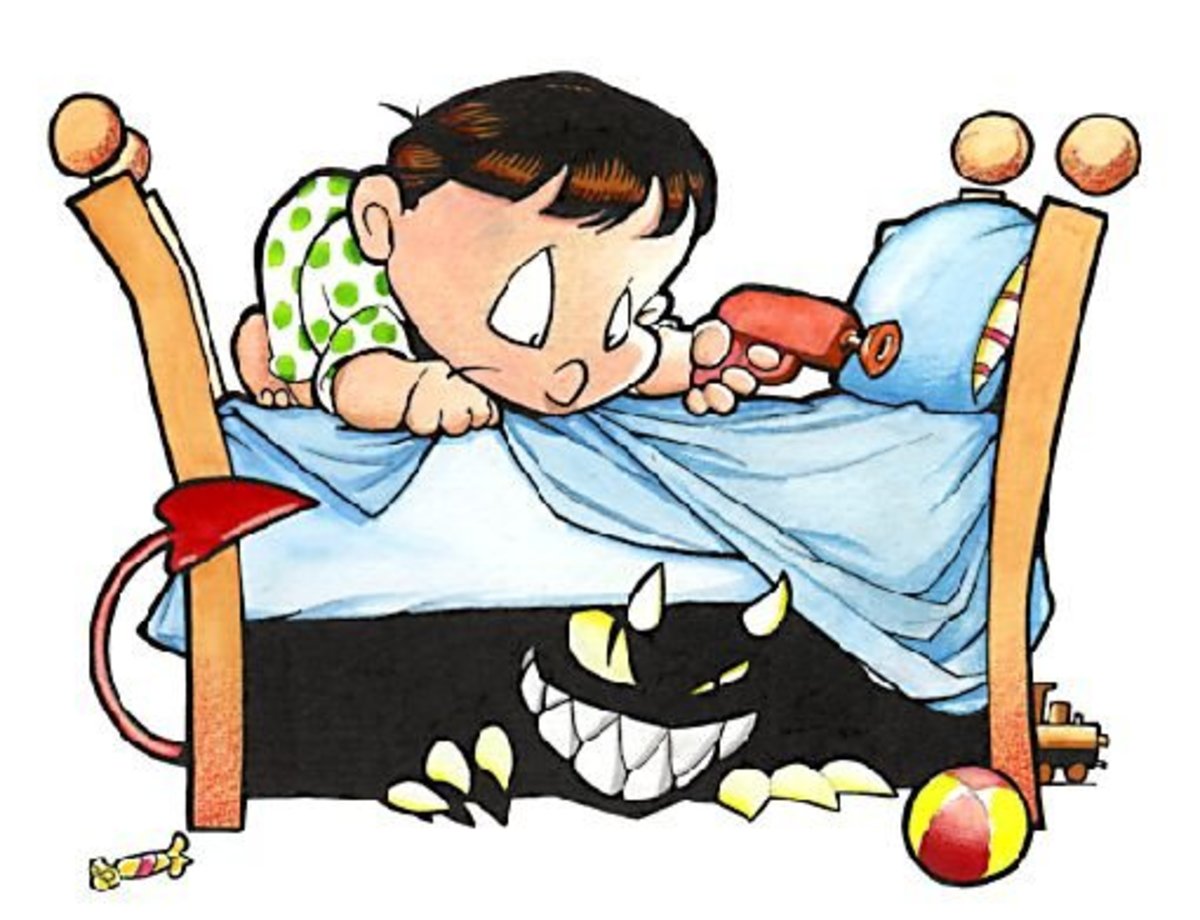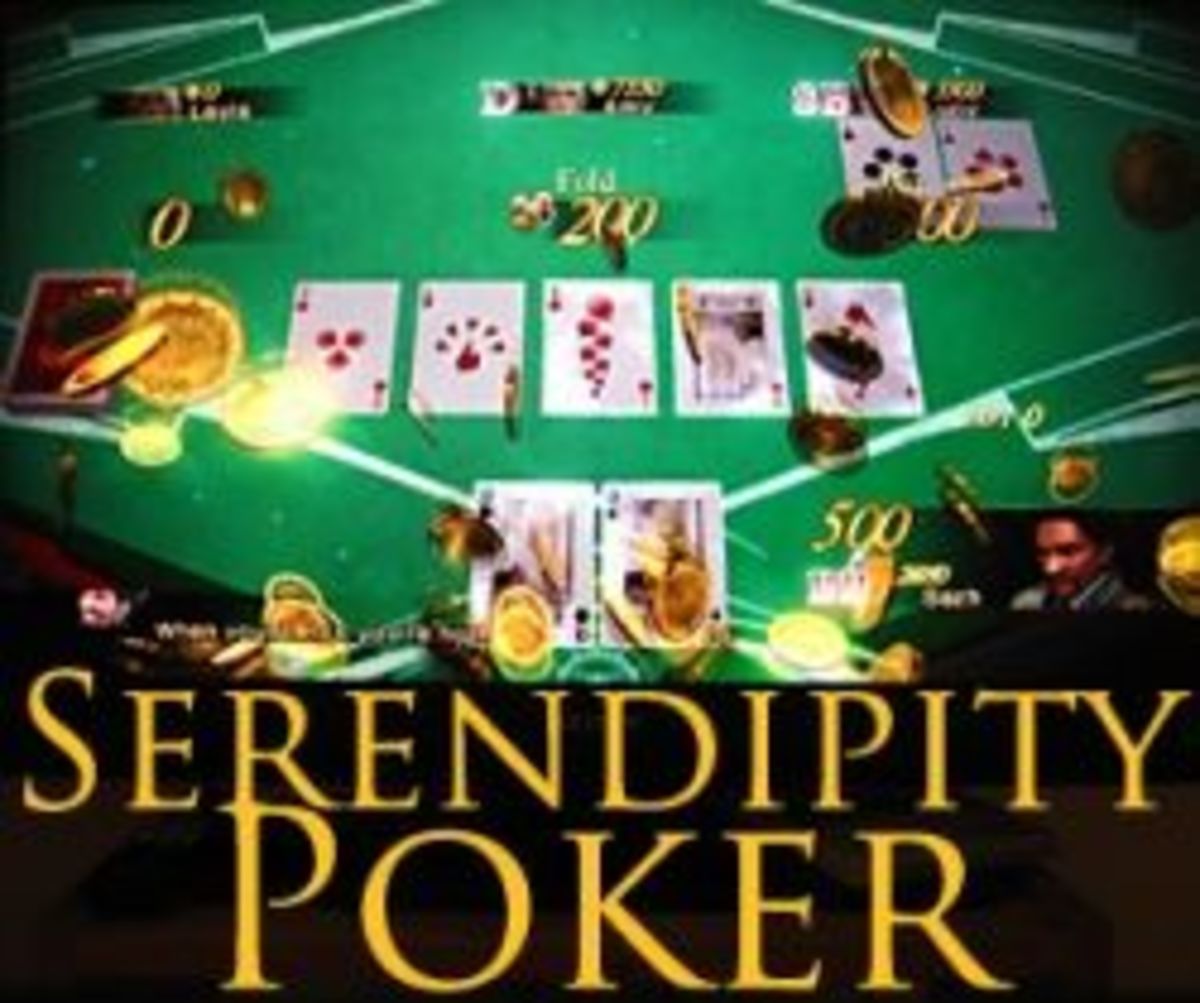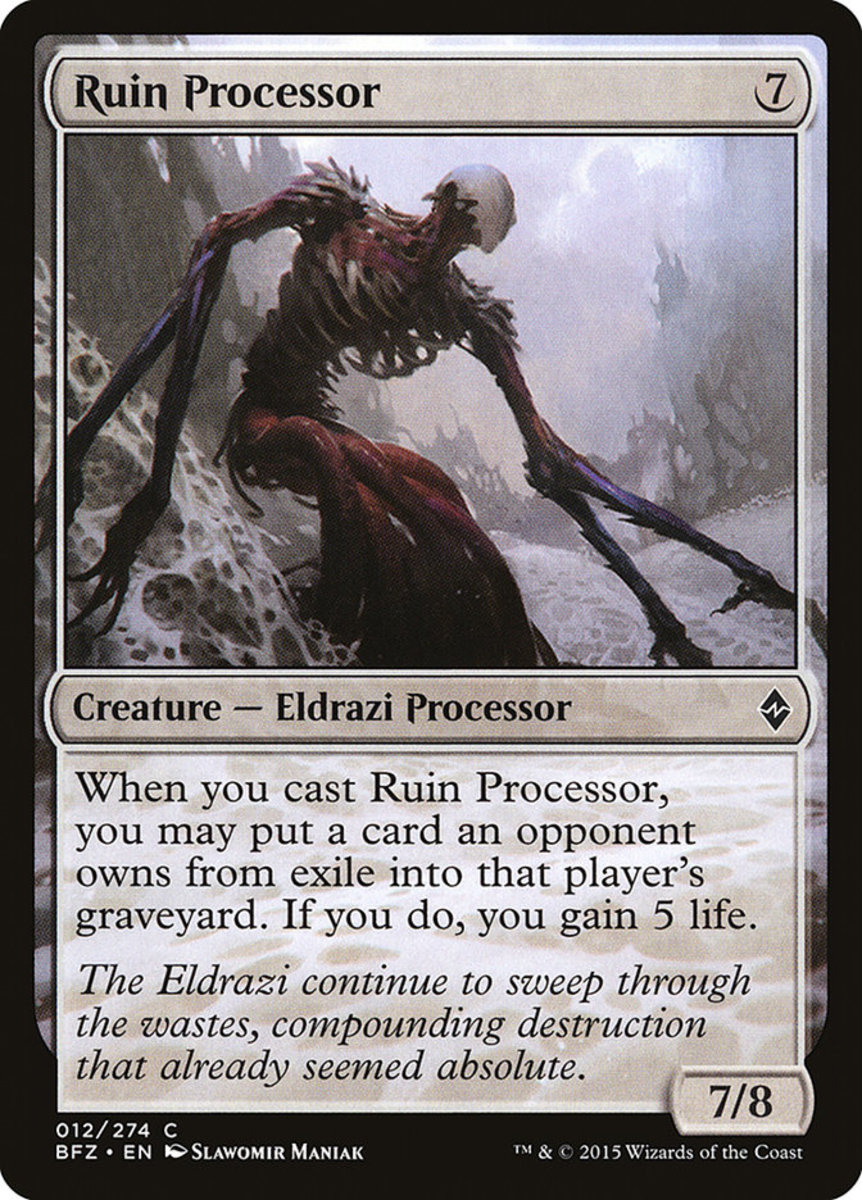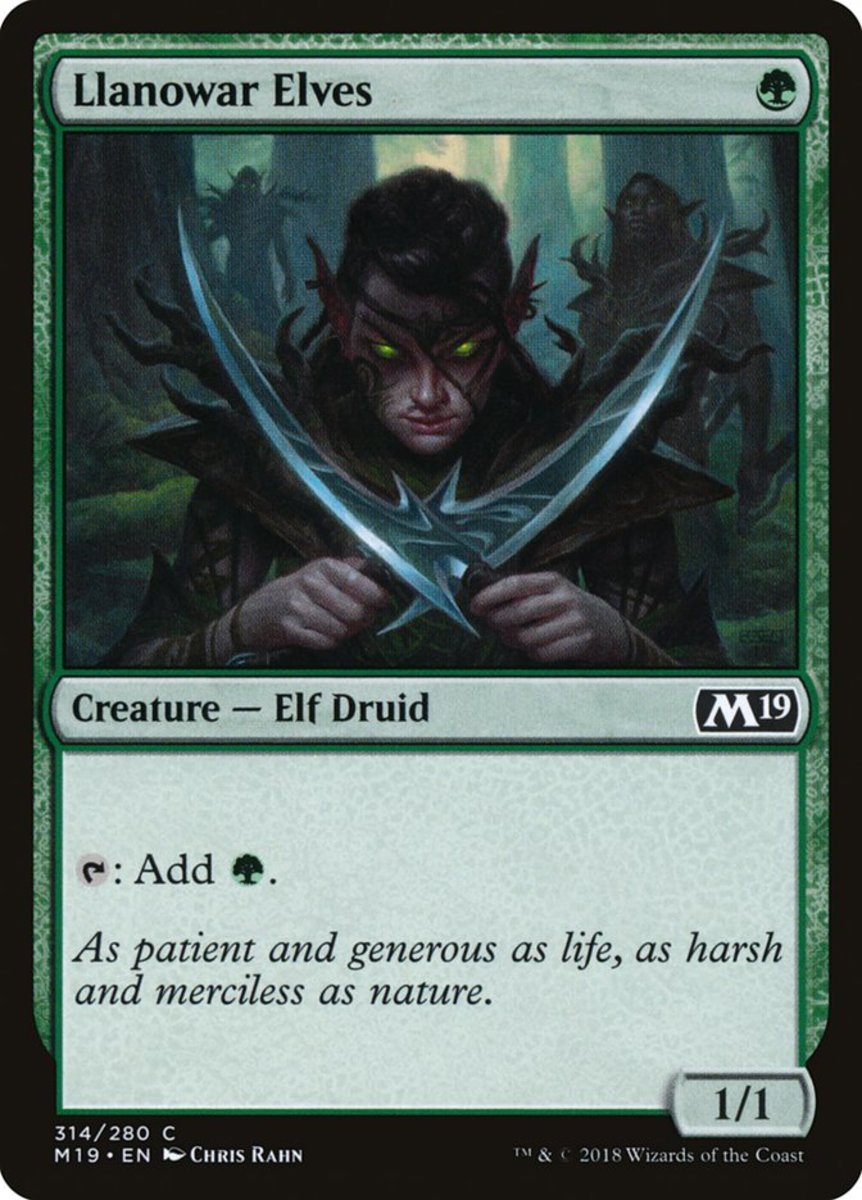How Understanding Texas Hold 'em Strategy and Player Types Can Help You Win More Often
Make Poker Fun and Profitable
Texas Hold 'em poker is the most popular poker game in the world. It's also popular at home games. However, home game poker and pro poker are very different animals. If you watch poker on TV, it's unlikely to help you at your home game. It's important to understand those differences. It will help you become a winner at your home game.

Develop Winning Play at Your Home Game
The Texas Hold 'em poker home game is more common than oxygen. Everyone either has a home poker game or plays in somebody else's. You can't walk more than 10 feet without hearing a store about broken aces. Some idiot called with 7-4 off-suit. Or some other player hit his flush card on the river. It's always something. After all, aces don't always win.
While home poker camaraderie is enough for some, others want to win. Particularly for the skilled player, the home poker game can be a continual source of frustration. That's because the poker played there is so unlike the poker one reads about in books. Fortunately, there is a way to win consistently at the home game no matter how erratic the play might be.
Learn How to Fold
Folding is the home poker player's best friend. This is because, in home poker, it only takes a couple of big hands to walk away a winner. That's because there tend to be so many people in so many hands.
Pro poker players try to isolate when they have good hands. That means they bet a high amount and hope for a single caller with many good hands. In the home game, that situation plays out more rarely. Home games see a lot more calling. Thus, it becomes hard to resist putting in the minimum bet. However, doing so can make for difficult decisions that most players aren't equipped to handle. For instance, most home game players can't fold their A-3 when an ace hits. This can be costly.
Knowing who the players are who can't control themselves and taking advantage of them is vital. I am at my worst when I play too many hands. Calling down too many bets just to see the other guy's cards is bad strategy. It happens a lot in home games. When a poker player plays this way consistently, desperation sets in. That player will miss more than they will hit. It's a losing strategy, but it's common at home games. Take advantage of this tendency in others, and you'll walk away a winner.
Understand Your Regular Players
One of the great things about a home game is that the players are usually the same from week-to-week. This offers the above-average player the opportunity to really benefit. Knowing how friends play and taking advantage of their habits is good poker. They will still be your friends, don't worry. Your game will be profitable if you keep track of a few, simple behaviors. Watch what your friends do when they're all-in. Watch what they do when they raise, when they call, when they fold. And how they react on different flops. These will all prove to be profitable observations.
One characteristic of home games drives good players nuts. It's the fact that so many players are in so many hands. "Community pots" - pots where every player bets the minimum amount and is in the hand before the flop - are common. Another common occurrence in the home game happens when multiple players call no matter what the bet. Players in a home game of varied skill will call with unprofitable hands. This can include stuff like mid-pair, low-pair, or when they need two clubs to make their flush.
Obviously, it's frustrating when bad players hit their cards. Because so many players are in these hands, it happens with regularity. They hit two pair, make an inside straight, whatever. Holding top pair in a home game is a hard hand to play. Holding two pair in a home game is also hard. Often, it's beneficial to try to keep multiple players in the hand to increase the size of the pot. However, it's technically bad poker. Betting players out of a hand may result in winning the hand. It may also reduce the amount of money you are winning significantly.
Let me describe some of the personalities that frequent our home game. I'm sure you'll see some parallels to the personalities you see in yours. Then, you can think about how you can take better advantage of those players.
Which Poker Player Are You?
These are the category of players at a home game you should watch out for!
The Best
This guy is the hands-down, best player at your table. Ours is a former executive who's in his 60's and retired. He wins large amounts of money on a consistent basis. He never shows his cards when he doesn't have to. He's aggressive when he's got a lot of chips (which is often). And he doesn't play as well when short-stacked. When he's in a hand, he almost always controls the size of other people's bets. By bet-sizing amounts that other people have difficulty raising, he gets a lot of calls from other players. This allows him to draw to hands when he's chasing. He rarely displays any tells and can read other players better than any other.
The Worst
This guy is hands-down, the worst player at your table. He's been playing the game for years and years and years and still, literally, doesn't understand how to play. He's also ADD and can't pay attention to anything for more than a few seconds. If somebody is holding up the game because they're not dealing or not betting, it's likely him. He's annoying in many respects due to his lack of appreciation for the game. Whenever he bets, almost everybody else will call because he plays so many bad hands. Even if he wins big during the course of a night, he's almost sure to lose that money.
The Expert
This guy knows more about poker than anyone else at the table. He likes to chit-chat about poker etiquette and strategy whenever possible. He bets his low pairs hard pre-flop and often does well at the table. Although he also suffers some big losses on a regular basis. This is due to his inability to adjust to table dynamics. When three or four people call his 10x raise with a pair of sevens, he has trouble. When he's playing well, he can often cause the best player at the table trouble with his aggressive play.
The User
Usually these players are pretty lovable. In our case, weed is the drug of choice for our user players, though quite a few drink too. This players inability to conduct himself confuses other players. His play is erratic and while he'll do well in spurts, better players will beat him badly. He knows how to play, but often plays by his own rules and likes to bluff for the thrill.
The Calling Machine
This player always has to know what his opponent's cards. Thus, she will call a wide range of hands no matter what she's holding. Though she knows how to play and understands the game theoretically, her main problem is that she can't fold. She also plays far too many hands overall.
The Face
Ever notice there are just some guys who can't help themselves and react, positively or negatively, to every flop? We have one guy at our table who practically announces his cards. It happens by his reaction to what he sees on the table. He's easy to make money from because when he doesn't hit his card, you always know it. He's overall a good player, but his tells hurt him.
The Newbie
There's always new blood coming in and out of a home game. Often the newbie can be the hardest with whom to deal. Sometimes she knows the game. Sometimes she doesn't. Often she walks away from her first game with a pile of cash. That's because she understands poker just well enough to be dangerous. Usually she's pretty careful betting during her first appearance. It's best to avoid the newbie until you know how she plays.
The Raiser
This is a player who comes mostly for the camaraderie. However, he also plays pretty aggressive poker because he doesn't care much about the outcome. He likes to win, but doesn't mind losing and will call and raise liberally throughout the night. He'll go on huge winning streaks and frequently takes home big pots, but can lose just as easily. He'll call anything and play any hand.
This content is accurate and true to the best of the author’s knowledge and is not meant to substitute for formal and individualized advice from a qualified professional.
© 2011 Allen Donald





